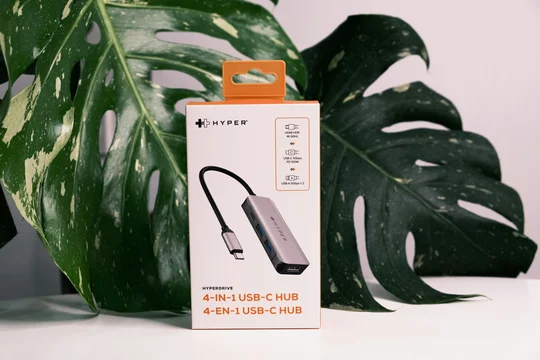
We've talked a lot about how the Jumara factors, which govern how courts in the Third Circuit exercise their discretion on motions to transfer, are pretty tough on plaintiffs. Patent cases seems to stick more often than not, but plaintiffs with other claims, such as false advertising, may not be so lucky.
Judge Andrews granted a motion to transfer in a false advertising case on Friday. Here's how the factors broke down:
Plaintiff's Choice of Forum: This always favors plaintiff, and is always "paramount" (whatever that really means). But, as we've noted before, Judge Andrews gives this factor less weight for businesses whose principal place of business is not in Delaware:
The record shows that Plaintiff maintains its principal place of business in Florida, and it does not have offices in Delaware. . . . Accordingly, Plaintiffs choice will be given paramount consideration, but it will not carry the same weight in the balancing of factors as would a similar decision by a plaintiff with a principal place of business in Delaware.
Pacira Biosciences, Inc. v. Ventis Pharma, Inc., C.A. No. 23-1250-RGA, at 4 (D. Del. Aug. 23, 2024).
Defendant's Choice of Forum: As with literally every transfer motion, this factor weighs in favor of transfer. Notably, despite the fact that the plaintiff's principal place of business is outside of Delaware, the Court seemed to imply that this factor still may not outweigh plaintiff's forum choice:
I think Ventis has legitimate and rational reasons for its forum preference given that its principal place of business is in the Central District of California. This factor, however, is not given the same weight as Plaintiffs preference.
Id., at 5.
Convenience of the Parties: The Court gave this a lot of weight, because the plaintiff is a large company and the defendant is a tiny money-losing startup:
Ventis only has two employees. . . . Its gross profit in 2023 was $132,174.28; its net income for 2023 was -$691,193. (D.I.58117-8). Plaintiff is larger in size and has significantly more revenue than Ventis. (See, e.g. , D.I. 29-1 at 3 of 152 ("Pacira posted record revenues of $667 million in 2022 - a 23% increase over 2021.")). On the one side—a start-up with two employees and little to no revenue; on the other side—an established company with more than half a billion dollars in revenue. It seems painfully obvious that litigating the case 3,000 miles from home should put the start-up at a significant disadvantage. Based on these facts, it is substantially more convenient for Ventis to litigate where its principal place of business is located. I thus think this factor weighs strongly in favor of transfer.
Id. at 6. This may well have been the deciding factor here.
Location of Books and Records: This one is typically given little weight, and the Court did so here—but did not give it zero weight.
Although it may not be difficult to produce relevant records in Delaware in light of modern technology, this factor cannot be ignored. See In re Link_A_ Media Devices Corp., 662 F.3d 1221, 1224 (Fed. Cir. 2011). I think this factor marginally favors transfer, but it is given very minimal weight.
Id. at 8.
Practical Considerations: This slightly favored transfer.
I think practical considerations that could make the trial easy, expeditious, or inexpensive slightly favor the Central District of California. I assume litigation in the Central District of California would be less expensive for Ventis, as its principal place of business is in the same district. Plaintiff is not located close to either forum, so any travel for Plaintiff would be inconvenient, and the expense of trial will likely be comparable in either location.
Id. at 10.
The remaining factors were all neutral. Notably, that includes court congestion, despite some statistics showing that time to trial averages a bit higher here in Delaware:
The relative administrative difficulty due to court congestion is difficult to assess. Ventis cites statistics suggesting greater court congestion in Delaware than in the Central District of California. I do not think those statistics are helpful in predicting what would happen with this particular case, either in Delaware or in the Central District of California. I treat this factor as neutral.
The Court tends to go both ways on this factor.
All told, the defendant's choice of forum (favor), the convenience of the parties (strong favor), the location of books and records (minimal favor), and practical considerations (slight favor) ultimately combined to outweigh the plaintiff's choice of forum. Given that those factors are likely to favor transfer in most IP cases, it's easy to see why Delaware counsel may hesitate to predict success in a transfer motion.
If you enjoyed this post, consider subscribing to receive free e-mail updates about new posts.






